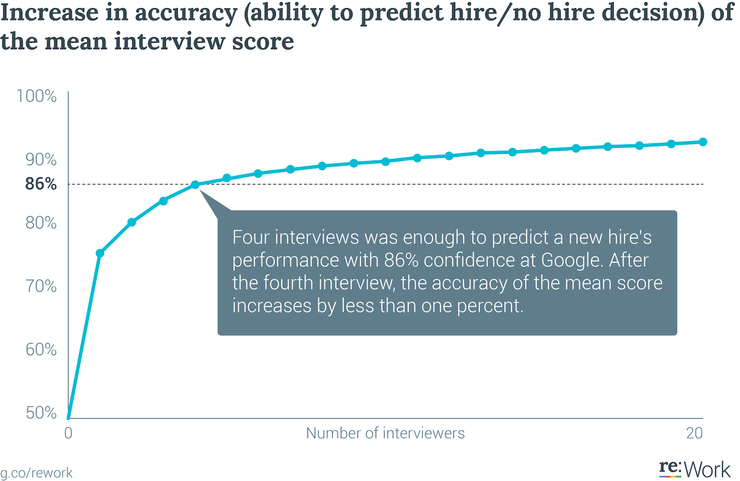Interview fatigue is not a concept. It’s a real phenomenon that’s bringing high levels of stress to both candidates and hiring managers. It happens when companies conduct too many stages of interviews for the same role resulting in a drain on interviewer and candidate energy. In this article we take a look at how to prevent interview burnout on both sides of the hiring equation.
The UK unemployment rate in June 2021 was 4.7% and job vacancies are back to pre-pandemic levels. With this flurry of activity in the market, it means that companies are looking to fill positions, fast. However interview rounds that go on forever will result in interview fatigue, and if left unchecked, can have a damaging effect on effective hiring.
A viral post to give voice to frustration
It was clear a nerve had been hit in the world when a Linkden post, detailing one man’s journey through 10 interviews received almost 2 million views and more than 2,000 comments. Mike Conley, succinctly summed up his rollercoaster journey which was subsequently picked up by Forbes and continued to resonate with people who are taken to breaking point by interview fatigue.
UK’s Behavioural Insights Team conducted research on at what point does a crowd become wise? They found that moving from one to three reviewers has a big impact on a decision. A group halves their chance of getting it wrong, going from 33% to 15%. They recommend getting at least three reviewers to vet each candidate. This can significantly improve the odds of making the best hire.
Google’s staffing team also carried out research with Rework on how it could reduce interview rounds from 12 rounds to 4. The “Rule of 4” article linked here is a must read.

So as a hiring manager how can you reduce your interviews but find great candidates like Mike Conley, and offer them a position fast. Read on to discover our top tips for reducing interview fatigue.
How to reduce interview fatigue: 9 quick fixes
1. Write an on-point job description
There’s a temptation to reuse old job descriptions and churn out something as quickly as possible and then hope that the ‘ideal’ candidate will appear. Tailor, brainstorm and take the time to create a list of skills, behaviours, values or competencies to attract the person you are looking for. Use the opportunity to sell your company. Communicate your culture, unique benefits and give candidates a true impression of your organisation and how they can add value to your team.
2. Use remote hiring tools for early-stage interviews
Let AI, automation and online interview tools help you do your job. This is the point in the interview process where they can save you hours of pain trying to narrow down applications or schedule initial interviews. Software will save everyone in the process valuable time, both candidates and interviewers.
3. Create a streamlined, collaborative interview process
Make sure to involve the right people in the interview process. Understand from decision-makers what a great candidate looks like. Factor into the process, busy and conflicting schedules and align everyone who needs to be informed so a quick sign-off can happen when that perfect candidate leaves their interview. Speed to decision will help you hire great talent.
4. Get the most out of your interview
Your excellent job description should have included key competences, must-haves and nice to haves. The candidates who did not meet your strict criteria need to be filtered out. The ones remaining should be scored in a structured manner on the competencies, values or behaviours that will make them successful in that role. Most importantly, leave time for questions from your candidates; listening to their questions is as important as peppering them with your own.
5. Interview the right number of candidates
At the beginning of your hiring process, take time to research pre-screening techniques so that you are not interviewing too many people for the role. There are a range of tools and software to narrow down candidate lists and make sure that you are not caught in a cycle of continually interviewing. You also need to plan the number of interview stages in advance and communicate this to the candidates so they know exactly what to expect from the process.
6. Too many decision-makers can spoil the process
Remember the Google example? Try to cap it at four interviews max. After this point, you risk interviewers becoming overwhelmed and in a place where it’s actually harder to make a decision. If you can save the candidate time with panel interviews, use them to your advantage. If your hiring managers have busy schedules use collaborative interview software to minimise diary disruption.
7. Celebrate accountability
The chances of poor hiring decisions can increase with each additional person and step involved in the process. Spreading the hiring responsibility means diluting accountability. Too many conflicting opinions can cause confusion. Instead, celebrate leadership and be confident in your process.
8. Speed-to-decision is critical
Everyone knows the value of time. In today’s competitive job market, do not wait for days to let candidates know the results. If you delay the recruitment process, you risk losing your best candidates to rival companies who can use an efficient sign-off process to their advantage. If you do have another round, give candidates actionable feedback as soon as possible so they can prepare before the next round and showcase their talent and interest.
9. Train your interviewers
It’s a long shot to expect someone who is new to the hiring process to strike lucky with a hire on a gut feeling. Create robust processes and empower your hiring teams. Active listening is a skill, as is reading body language and other observational skills. Show them best practice, teach them the ORCE model. Take the time to equip hiring teams – it will remove back and forth at the decision-making point of the process.
The interview process is often a good indicator of the culture of your company. Stop and think how you would like your organisation to be viewed. Is this coming through in your interview process? Are you putting as much time and effort into it as you are into other parts of your business? Lastly, are you giving candidates valuable feedback that they can take action and improve their chances of getting the next job? If not, remember that word travels fast. A bad interview process can be brand damaging and hard to repair.
Keen to reduce interview fatigue? See how Equitas interview intelligence software can help you at every step.


